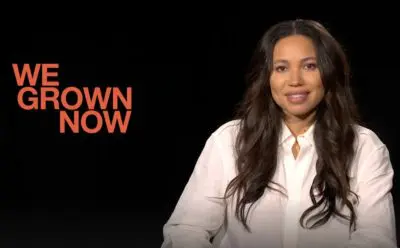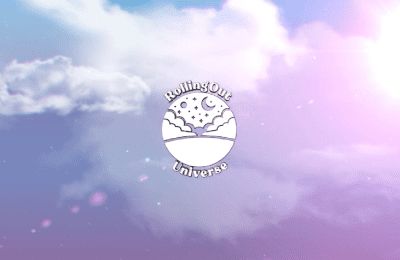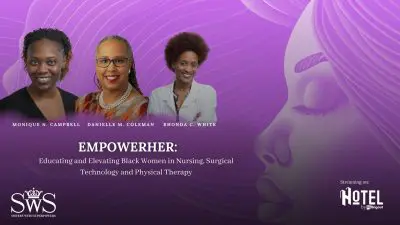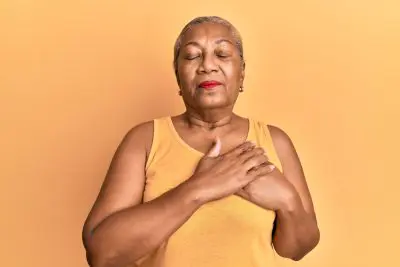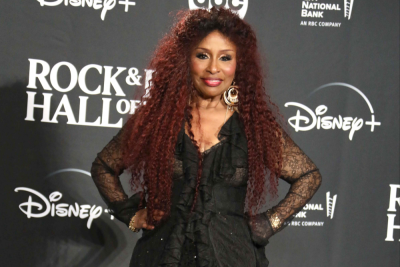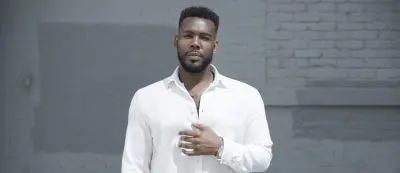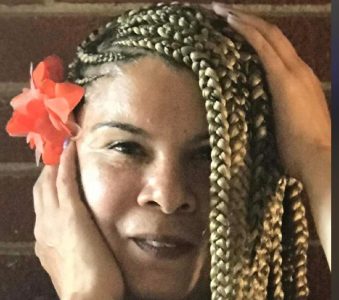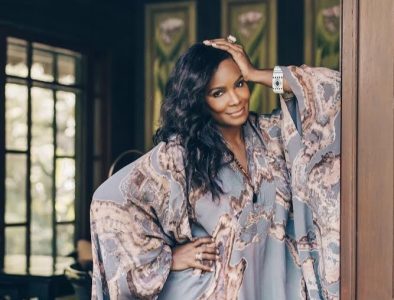
Media is a powerful tool. It can help to frame thoughts and shape sensibilities. At its best it can affect the world with a sweeping change for the better, at its worst it has the ability to change the values of an entire society. This cannot be ignored so it is important that action is taken with this media to frame our own narrative. Rolling out had the opportunity to speak with an individual who is taking this to heart. Dr. Obari Cartman from Chicago spoke with us about his latest project the effects of media on our children, and why it is important to share our stories.
Tell us about yourself.
I am a servant, just trying to elevate our people, and repay the debt owed to our ancestors. I am a work in progress. My work seeks to create a world where children are safe. I’m a storyteller, through writing, photography and percussion. My stories always have Black people as the main character, the hero, and sometimes also the villain. Either way, we are always victorious in the end. My less poetic is answer is: I’m just a Black man trying to figure s— out, have fun, and do good work that makes the world better.
Tell us about your book Lady’s Man: Conversations for Young Black Men About Relationships and Manhood.
This is my attempt to promote versions of manhood that value and honor women. I call myself a “lady’s man” because I belong to the women in my life, I am responsible for my sisters and my mother, and our sisters and our mothers. I want us to take control back from the mainstream media and corporate hip-hop that spends millions of dollars towards a campaign to distort the narrative of what black manhood is about. The book is a tool for families, teachers, mentors, and coaches to help young men think critically, and build character, discover their purpose, love themselves and each other, communicate with clarity and intention, understand the need for proper education, relate to women with integrity, express their emotions, understand their place in history, develop healthy coping strategies, and learn how to build a world where all people are truly free.
Why do you think this is important when it comes to young men?
I worry a lot about young people. We have found ourselves in the midst of a social experiment. In a so called information age (that lacks wisdom), full of technology that simultaneously moves us closer together and further apart. The necessity for critical thinking skills is more important than ever. There are so many messages coming at young men about who they are, who they supposed to be, what is means to be black, male, American, human, successful, useful, etc. And they seem to be left having to figure it out on their own. The technology has advanced so fast that the disconnect between generations seems dangerously wide. For example, we’re just a generation away from young people listening to their parents’ music in the car. Now their culture and entertainment is much more self-directed. We can’t even hear their music to have a discussion about it because they have headphones on. They can watch whatever they want on the tiny computers in their pocket. We’re long from the days of having family dinners. Their rites of passage are guided by the content creators of the media and school systems, which are too often invested in a status quo that required Black men to never be able to understand their worth or attain any real power.

What inspired you to write this book?
I just know we can do better. I get real frustrated sometimes seeing us struggle, knowing we’re capable of so much more. We can treat each other better, we don’t have to depend on nobody else for our basic needs, our art and culture should be a representation of our excellence and not our adaptations to trauma. We’re powerful enough to do whatever we want. History tells us that, and want our future to tell us that. So this book fills a lot of the gaps I see in our movements. For those that were unsure, we all know now that #Blacklivesmatter. But we still need to have critical and progressive conversations about what it means to be Black. Those that were sleep have now been awakened to the persistent realities of racism in this county, but we need better tools to spell out what it looks like today, what the mechanisms are, who benefits, and how it’s maintained. I hear a lot of talk about dysfunctional relationships and families in the Black community, but not enough solutions. People often discuss the crisis of Black boys, so I wanted to create a tool to help those that are serious and want to talk TO them and not just ABOUT them.
How much of this book is based on your own experience?
First, I have a Ph.D. in clinical and community psychology. Many of the conversations in the book are inspired by actual relationships I have with young people in my work as a therapist, mentor or in the schools. I kept hearing the same themes come up while talking with young men, about needing support being a young father, or about women they cared about but didn’t know what to do with real feelings, or about dealing with anger that often masked sadness. That’s why the book reads like a real conversation. The language and the tone mimic the real life talks I often have with young people.
Second, I always use myself in my work. I believe that life is the best teacher, so my experiences are more valuable to me than any degree I’ve earned. When writing a book about manhood and relationships I knew I couldn’t effectively do that without sharing my personal experiences. This ain’t no theoretical conversation for me. I talk a lot about my own pitfalls, mistakes I’ve made, women I’ve hurt. I even include actual text from love letters written by me and some of the women I’ve dated. And I go a step further to compare my journey with my parents relationship, and I include personal journal entries and letters from my parents to illustrated those connections. It’s a very personal book.
What are your thoughts on men being vulnerable?
It’s an essential part of manhood. Coming to grips with human frailty and persevering anyway is the definition of maturity. A boy says he don’t never get scared. A man knows that real courage requires fear. We have to learn to be vulnerable with ourselves, so we can forgive ourselves for our shortcoming. And men must learn how to be vulnerable together, so we can support each other.
What words of encouragement would you like to leave with our readers?
Ain’t nobody coming to save us. We can’t wait no more for some magical solution to come from outside of us. We must be diligent and disciplined, avoid the well-crafted distractions (i.e. “must see TV”), not get too comfortable with our conveniences (i.e. iPhone), stop complaining on Facebook, stop fighting each other, and get to work. Whatever your work is, that thing you were uniquely create to do, spend as much time doing that as you spend on your job. And we must engage with our young people. We can keep driving past them shaking our heads because their pants are too low. Stop them, ask them if they need anything, give them your number, teach them something they can use, listen to them. None of that takes no 501c3, or grant, or logo, we just need to get back to basic human practical stuff, and connect with each other. If you’re not sure what to talk about with them when they call, worry no more, I wrote a book about it. You can order it at www.DrObariCartman.com.


